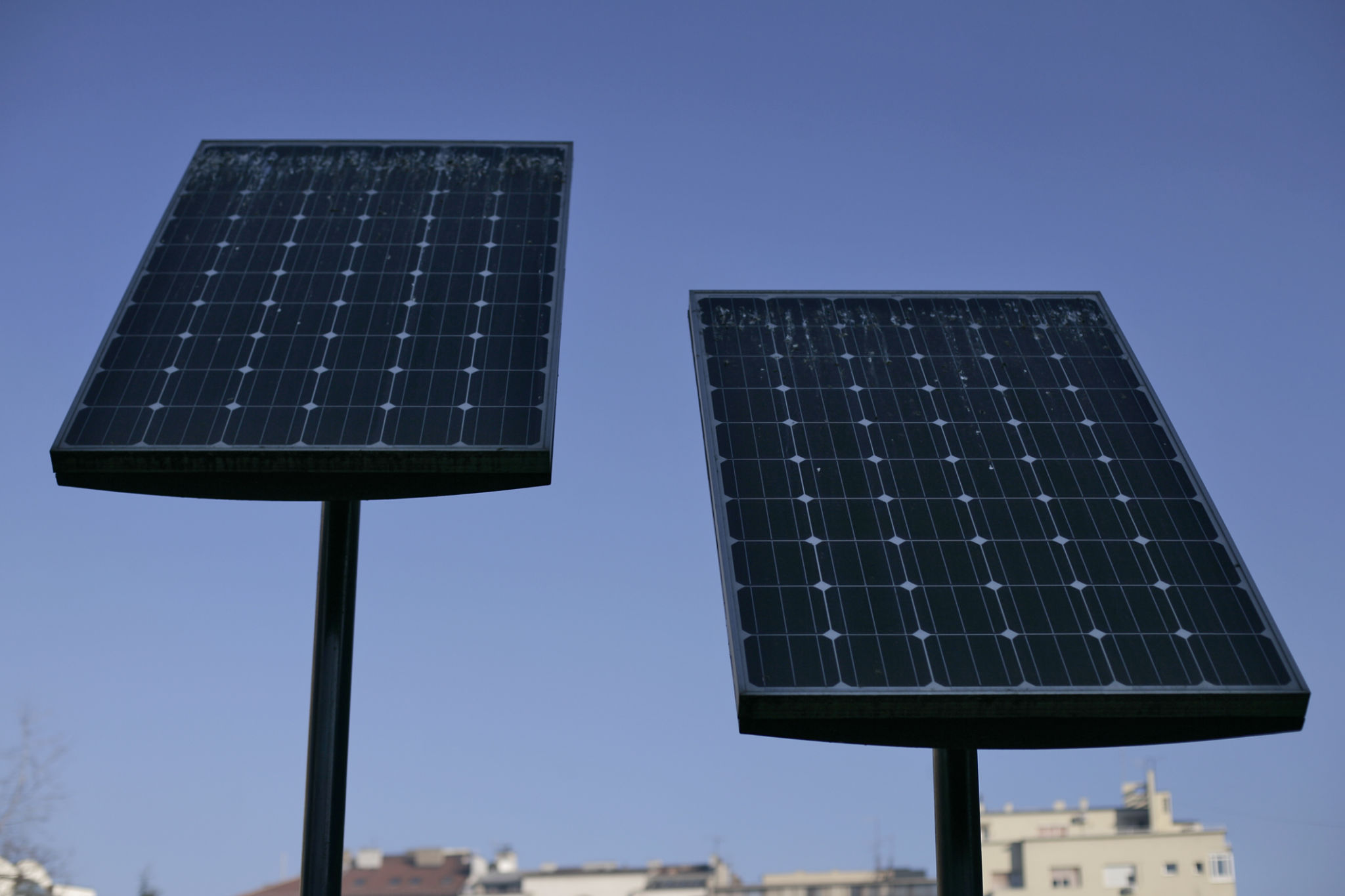Comparing Solar Panels: Which Type is Best for Your Home?
Understanding the Basics of Solar Panels
As homeowners increasingly look to sustainable energy solutions, solar panels have become a popular option. However, choosing the right type for your home can be a daunting task. To simplify the decision-making process, it's essential to understand the different types of solar panels available and their unique benefits.

Monocrystalline Solar Panels
Monocrystalline solar panels are known for their high efficiency and sleek design. These panels are made from a single crystal structure, which allows electrons to flow more freely, making them more efficient at converting sunlight into electricity. Although they tend to be more expensive, their longevity and performance often justify the investment.
Advantages
- High Efficiency: These panels typically offer the highest efficiency rates, making them ideal for homes with limited roof space.
- Durability: With a lifespan of 25 years or more, they provide long-term reliability.

Polycrystalline Solar Panels
Polycrystalline solar panels are made from multiple silicon crystals melted together. They are generally less expensive than monocrystalline panels but slightly lower in efficiency. Their manufacturing process is simpler, which contributes to their cost-effectiveness.
Benefits
- Cost-Effective: The lower production costs make them a budget-friendly option for many homeowners.
- Sustainable Manufacturing: The process results in less waste, making it a more environmentally friendly choice.

Thin-Film Solar Panels
Thin-film solar panels are a newer technology characterized by their lightweight and flexible nature. They can be made from a variety of materials, including cadmium telluride and amorphous silicon. While they offer lower efficiency compared to crystalline panels, their versatility can be advantageous for certain applications.
Key Features
- Flexibility: Their adaptable nature allows them to be used on unconventional surfaces.
- Weight: They are significantly lighter than other types, making installation easier.
Factors to Consider When Choosing
When deciding on the best solar panel type for your home, consider factors such as budget, roof space, and energy needs. Monocrystalline panels are ideal for those seeking maximum efficiency and have a higher budget. Polycrystalline panels offer a balance between cost and performance, suitable for average energy requirements. Thin-film panels might be best for unique architectural needs or where weight is a concern.

Making the Right Choice for Your Home
Ultimately, the best solar panel for your home will depend on your specific circumstances and priorities. By understanding the differences between monocrystalline, polycrystalline, and thin-film solar panels, you can make an informed decision that aligns with your energy goals and financial plan. Consulting with a professional can also provide personalized recommendations based on your home's unique characteristics.